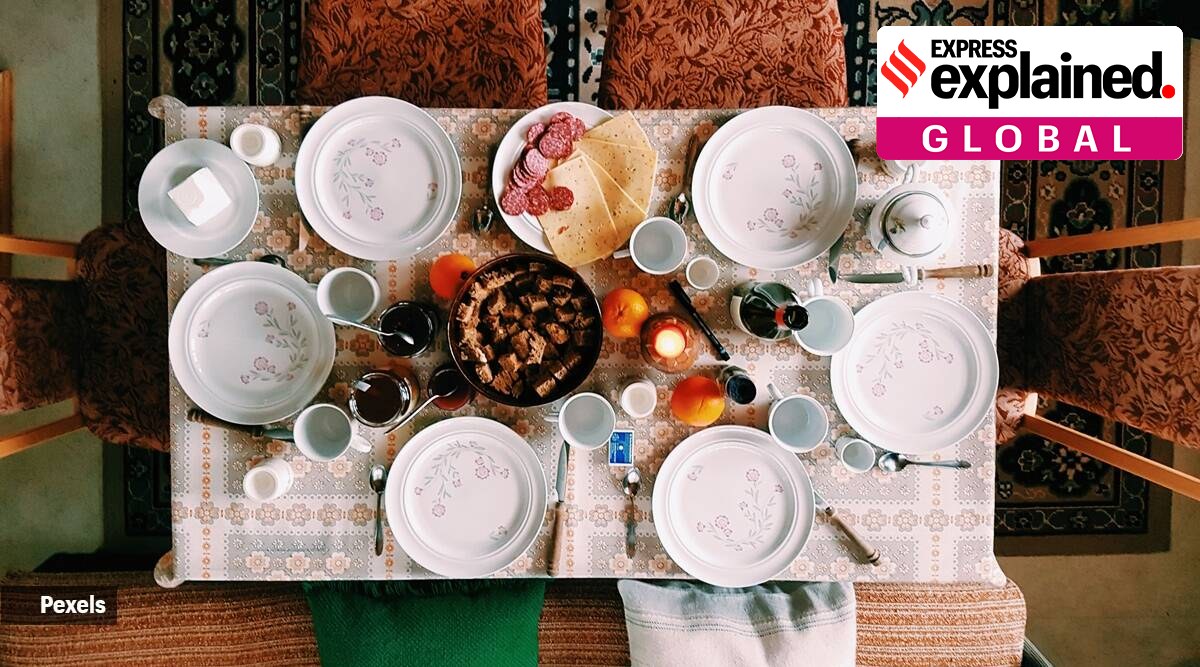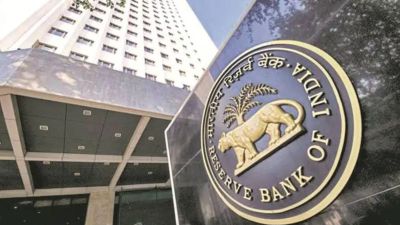#SwedenGate: Why the Swedish tradition of not feeding guests sparked debate
The #SwedenGate is trending on social media, with users clashing over the Swedish tradition of not serving food to guests, particularly children, in certain situations. What prompted the debate, and how have the Swedes responded? How has racism entered the conversation?
 Swedish people traditionally don’t serve food to guests, particularly children, so that it doesn’t interfere with plans their families may already have at home. (Source: Pexels)
Swedish people traditionally don’t serve food to guests, particularly children, so that it doesn’t interfere with plans their families may already have at home. (Source: Pexels)Best known for being one of the world’s happiest and most equitable countries, Sweden found itself at the heart of a heated online debate this week, with social media users clashing over the Swedish tradition of not serving food to guests, particularly children, in certain situations.
Dubbed ‘SwedenGate’, thousands of users have been sharing their personal encounters in Swedish households, with some Swedes defending the practice and explaining the logic behind it.
Before long, the conversation snowballed into something bigger as internet users started raising questions about imperialism, racism and Sweden’s colonial past.
What prompted the debate?
The controversy began on the Reddit forum r/AskReddit, where a user asked: “What is the weirdest thing you had to do at someone else’s house because of their culture/religion?”
One response in particular stood out: “I remember going to my Swedish friend’s house. And while we were playing in his room, his mom yelled that dinner was ready. And check this. He told me to WAIT in his room while they ate,” a user wrote.
Not here to judge but I don’t understand this. How’re you going to eat without inviting your friend? pic.twitter.com/bFEgoLiuDB
— Seeker (@SamQari) May 26, 2022
The post was shared widely across social media platforms, igniting a debate on hospitality and cultural practices in Sweden and other countries.
What did the Swedes have to say?
Several Swedes were quick to defend the practice, arguing that Swedish people don’t serve food to guests, particularly children, so that it doesn’t interfere with plans their families may already have at home.
Feel like as a Swede I have to clarify some things. Why people usually don’t eat at others is because they have food at home. And if you eat anywhere else that food will be wasted.if you ask yours hosts a few hours before and your own parents there won’t be a problem #Swedengate
— Olle Soderlund (@soderlundolleg1) June 1, 2022
“The Swedish thinking goes like this: the other child (or the other family) may have plans for another kind of dinner, and you wouldn’t want to ruin the routine or preparations. I don’t think it is anything to do with not wanting to feed the other child or because it costs money or anything like that, it’s more to do with tradition and wanting to eat with your own family,” Linda Johannson wrote in an op-ed for The Independent.
Some have linked the practice with Nordic Viking culture, where a meal is often seen as a debt. In the Norse culture, an unpaid debt often resulted in violent duels.
But many Swedish users also pointed out that the practice made little difference to them when they were growing up in the country, which is known for its high standards of living and equitable access to crucial resources such as healthcare.
What does #SwedenGate have to do with racism?
Quickly, the conversation switched gears, with social media users speaking about their experiences with racism in Sweden as well as the country’s colonial history.
“I started side-eyeing Sweden when I found out there is a minority of Indigenous people there. Any white country where there are indigenous people and they are a minority, the white majority is trash. I don’t make the rules, it’s a pattern,” a Twitter user wrote, referring to the country’s indigenous Sámi community. Sámi people also reside in Finland, Norway and Murmansk Oblast, which is a federal subject of Russia.
They are the descendants of the nomadic groups that inhabited northern Scandinavia for thousands of years. In the 18th and 19th centuries, in a bid to gain sovereignty of their land, Sweden and other Scandinavian states began to clamp down on the Sámi community, asserting their policies on them and pushing them to the fringes.
With many Sámi people still being subjected to abuse and discrimination, members of the community have been pushing the Swedish government to address the human rights violations committed against them.
What about the people supporting Sweden?
Responding to the criticism, several social media users have pointed out that the country is known for its generous refugee policy. The number of refugees residing in the country rose to 2,54,000 in 2019, according to a report by Newsweek.
Others highlighted the country’s progressive social policies, which make resources like healthcare and education more widely accessible. “We are paying around 70 per cent of our income as taxes. So people in this country can have a roof over their heads and food on the table. This includes all the war victims America, Russia, Turkey, etc. created. And now you are making fun of Sweden because we don’t cook food for you,” one user wrote, according to Newsweek.
Newsletter | Click to get the day’s best explainers in your inbox
- 01
- 02
- 03
- 04
- 05






































